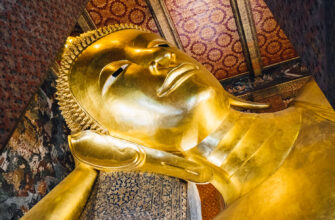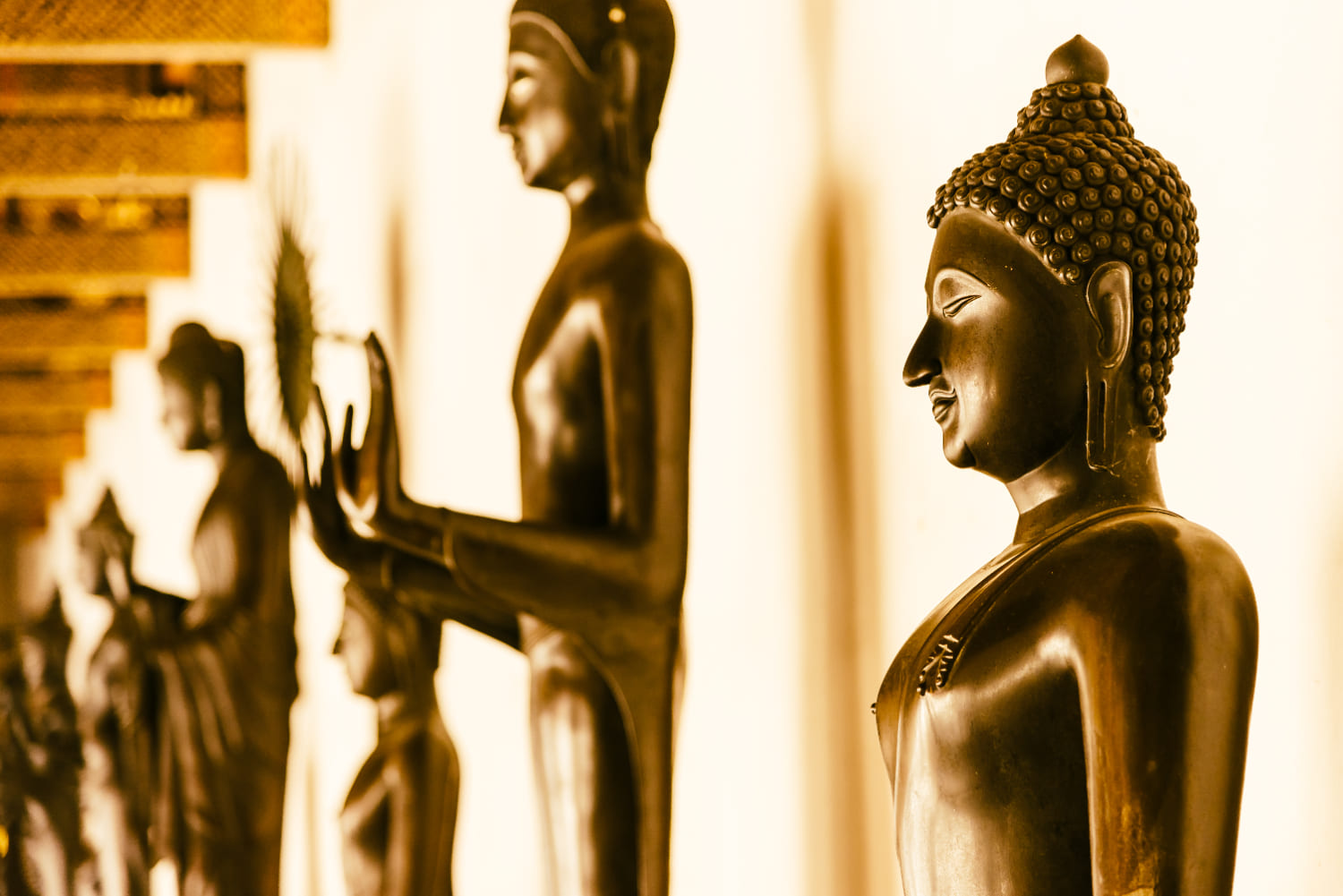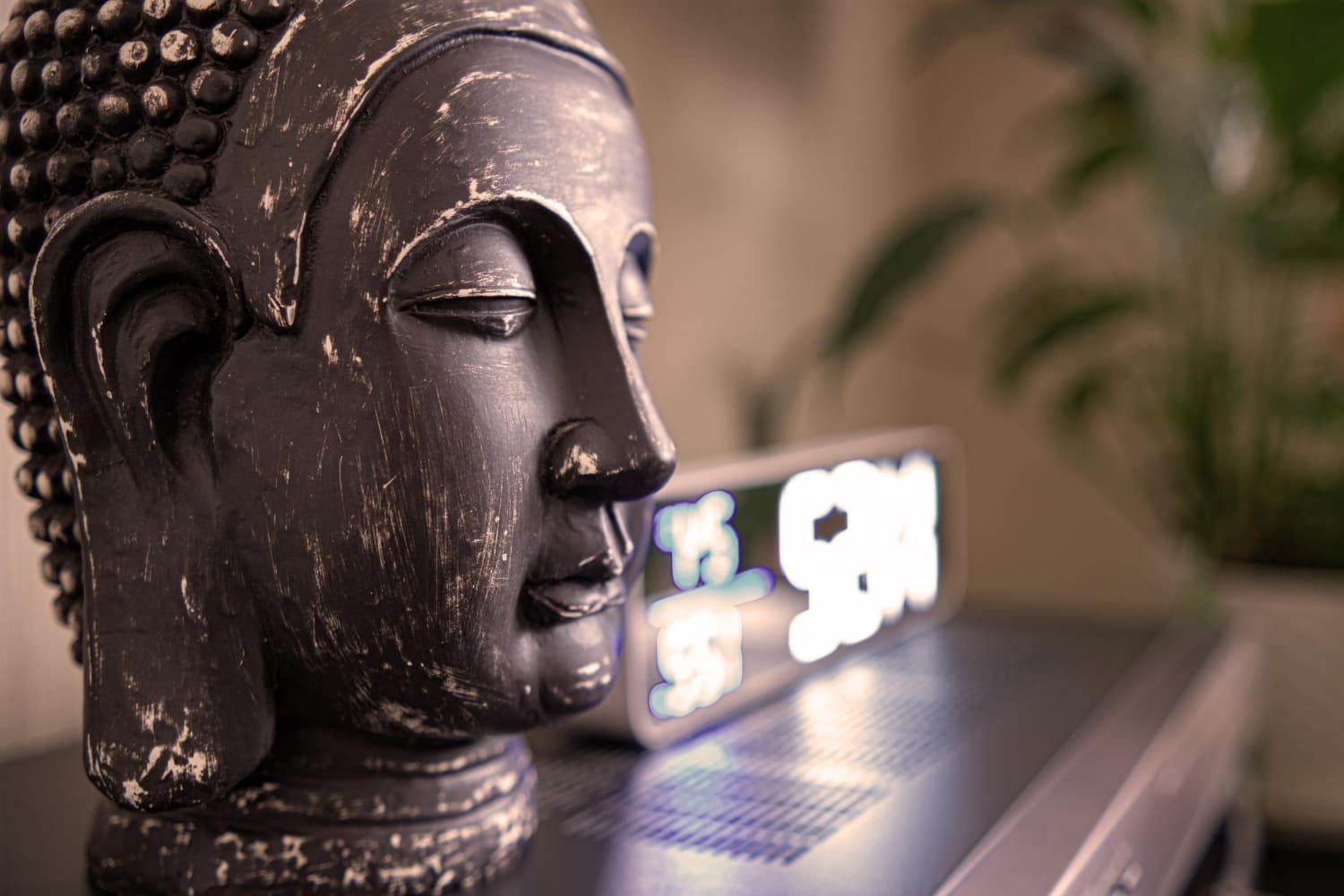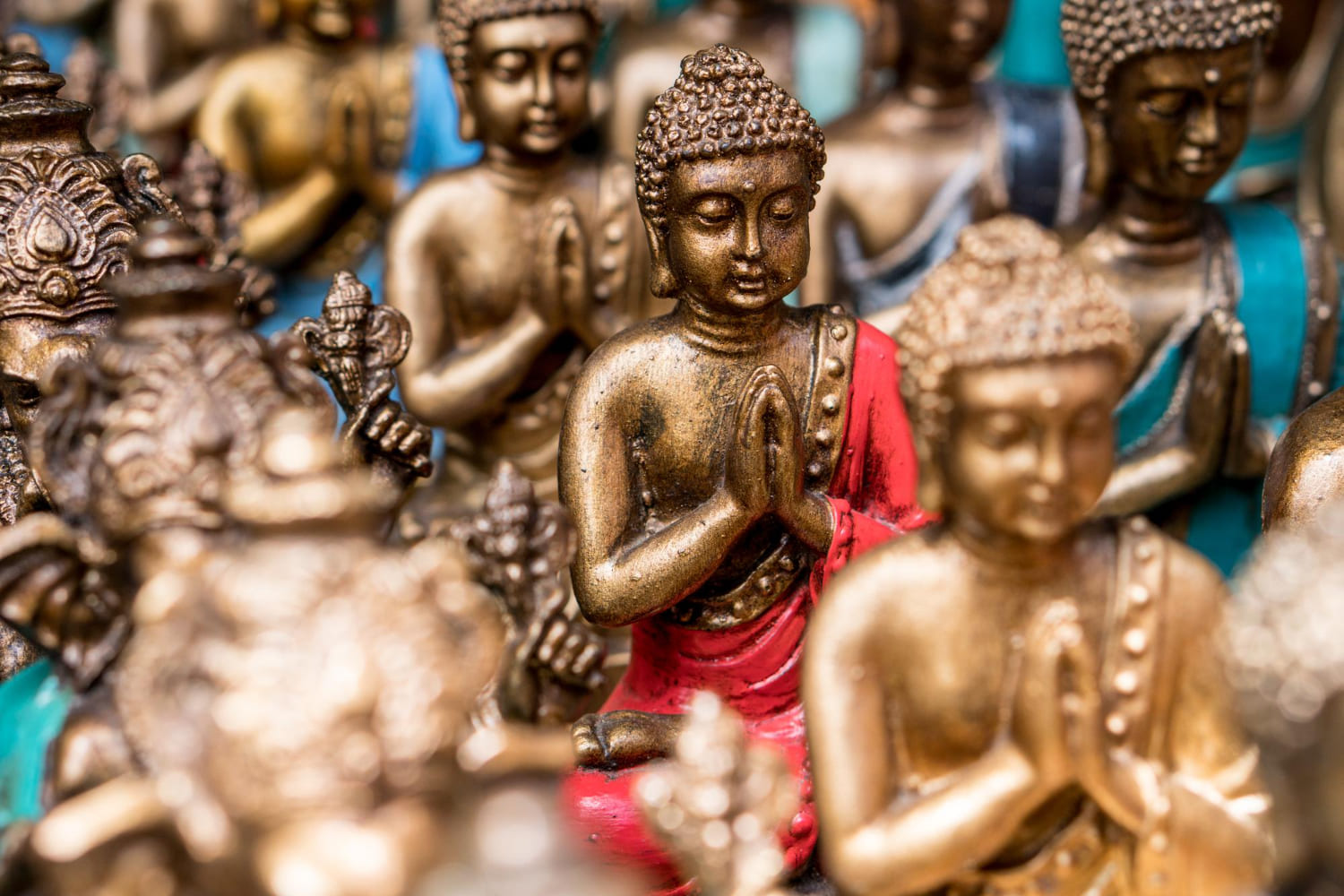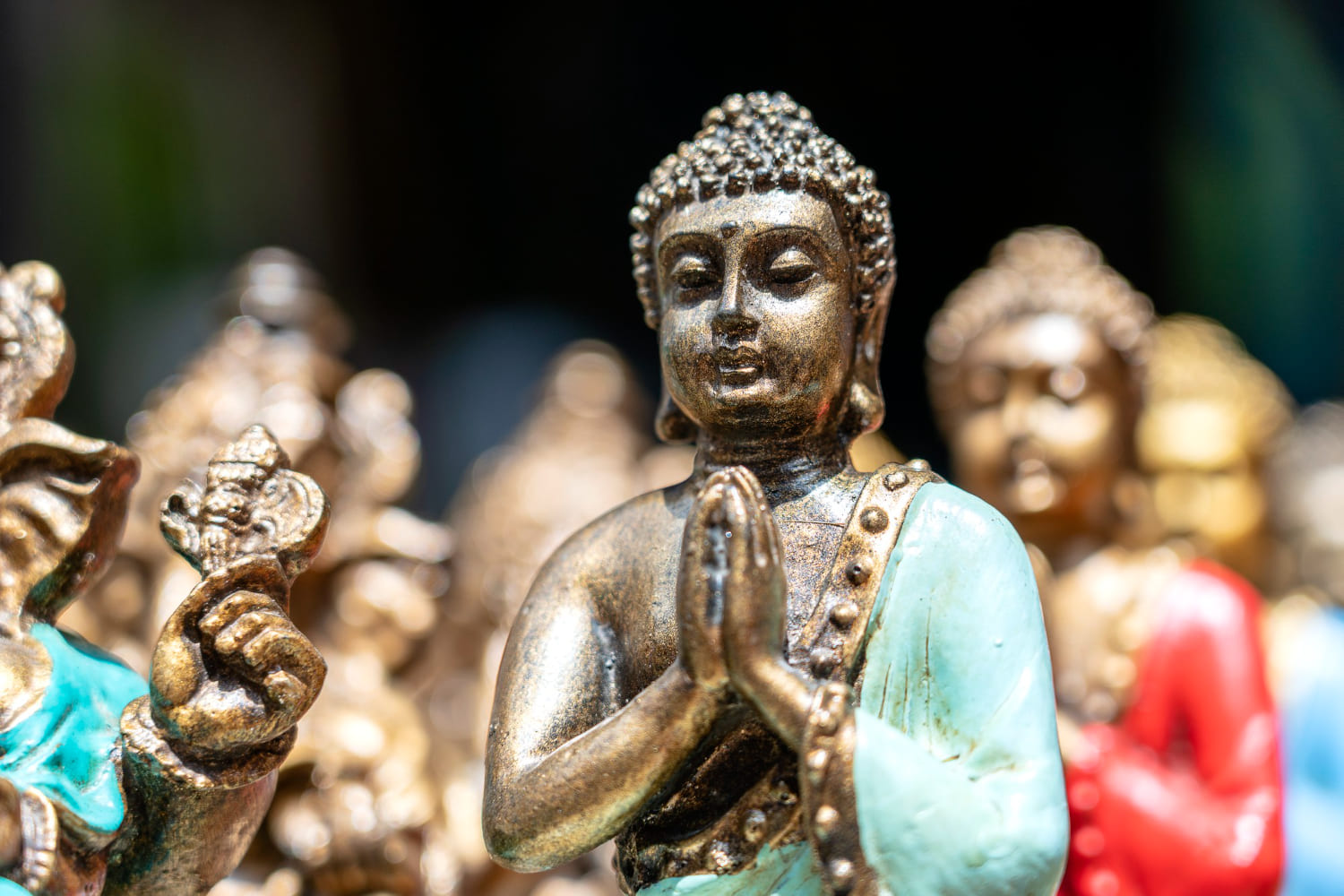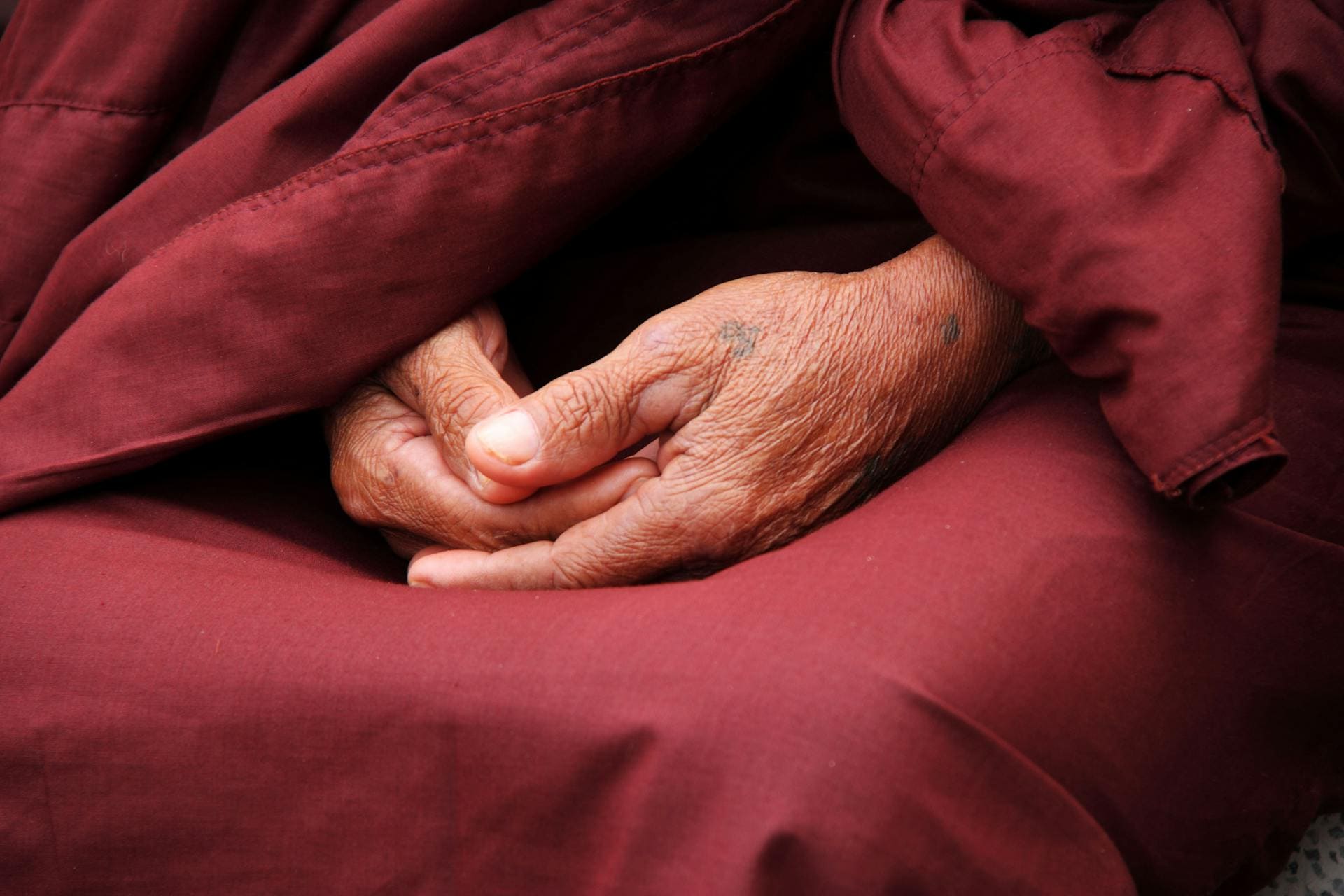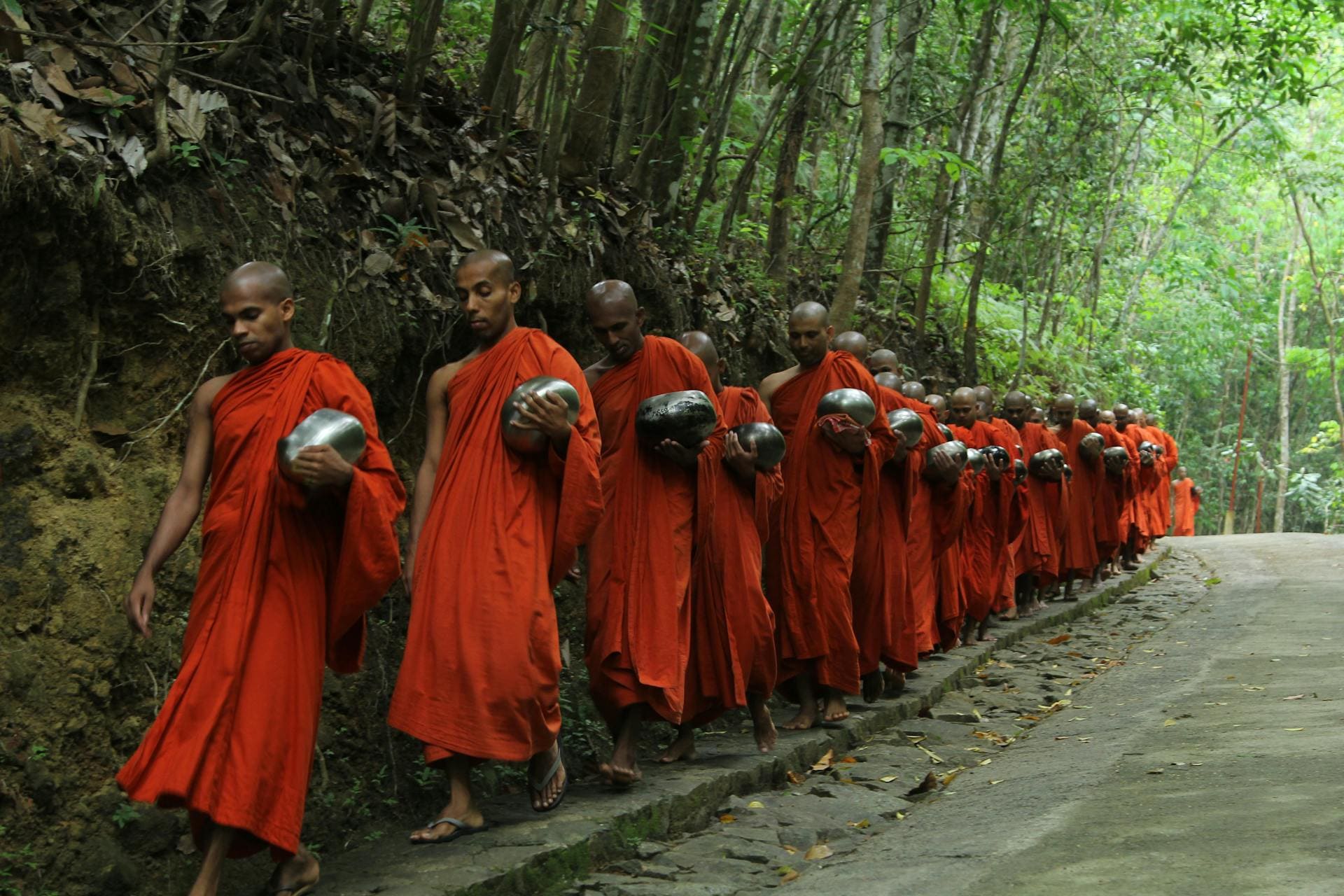Believe it or not, the relationship that Buddhists have with alcohol is sometimes seen as contradictory.
On the one hand, the teachings of Buddha (as well as The Fifth Precept of Buddhism) clearly state that intoxication should be avoided entirely by practicing Buddhists.
On the other hand, though, many Buddhists – historical and current – believe that this stance is opposed only to intoxication, and not necessarily to alcohol in moderation.
But let’s give a complete answer.
No, Buddhists are not allowed to drink alcohol or intoxicants. Although many Buddhists still do drink alcohol. Buddhists dedicated to their faith try to avoid intoxication at all costs.
Are Buddhists Allowed To Drink Alcohol?
There are Buddhists that drink alcohol and not just in our modern world.
Buddhists throughout history have been consuming alcohol, though certain sects of Buddhism are a little more stringent when it comes to the “avoid intoxication” directive handed down by the Buddha himself.
Many in the Buddhist religion interpret avoiding intoxication very literally. They drink, but only ever in moderation, and as soon as feelings of even mild intoxication start to take hold they ceased to drink and allow the feelings to pass.
Other Buddhists, though, believe that intoxication and intoxicants of any kind – alcohol, caffeine, stimulants, drugs, etc. – are to be avoided 100%.
These Buddhists believe that anything that compromises the clarity of mind necessary for Buddhists to move forward toward their path of awakening and enlightenment is dangerous, incurs negative karma, and should be avoided entirely.
At the end of the day, individual Buddhists will have to decide for themselves how comfortable they are consuming alcohol and to what degree.
The Fifth Precept
The Fifth Precept of Buddhism is very clear:
“Avoid intoxication or intoxicants”.
That’s about as cut and dry as you are going to get a religious command to be.
All that said, though, this statement has been interpreted in different ways by Buddhists throughout time (and is still interpreted differently by Buddhists today).
Some believe that the directive is speaking only about actual intoxication and consuming so many intoxicants that your natural state of mind, cripples your self-awareness, and negatively impairs your judgment.
Others, though, that this directive is a wholesale indictment against anything and everything that could intoxicate you. And we’re not just talking about alcohol.
We are talking about drugs. We are talking about caffeine. We are talking about sugar. We are talking about chocolate. We are talking about anything that has the potential to intoxicate the human mind and body.
Buddha on Intoxication
Buddha himself had very clearly defined beliefs regarding intoxication.
History records the Buddha saying that intoxication can lead to the loss of riches, can increase instances of confrontation, can trigger illnesses, and can lead to disrepute in a community as well as an overall weakening of an individual’s wisdom.
Buddha didn’t mince words when speaking on his feelings of intoxication.
Further, Buddha has been recorded as saying that individuals should refrain from drinking even just a drop of alcohol and avoiding all intoxicants entirely. Buddhists that succumb to the lure of intoxicating drinks and become intoxicated are not following in his path.
On the surface, this looks like Buddha takes a very hard line in the sand about alcohol and encourages his followers to avoid it completely.
What’s important to remember, though, about Buddhism is that it’s all about an individual journey on the path to enlightenment and an individual journey to awakening.
Because of that, Buddhists believe that there’s a lot more flexibility and a lot more freedom in choosing to consume alcohol while remaining faithful to Buddhism, so long as an individual does not consume so much that they become intoxicated.
Triggering that intoxicated state of mind can lead to the accumulation of negative karma, and that’s not going to help any Buddhist along their journey to enlightenment.
Closing Thoughts
The relationship that Buddhists have with alcohol is a little more complex than most people realize on the surface.
Yes, Buddha taught that alcohol and other intoxicants should be avoided entirely and believed that the intoxicated mind stood in opposition to enlightenment.
On the flipside, though, Buddhists believe that the individual journey towards awakening and enlightenment is one with many twists and turns. Those that decide to consume some alcohol and avoid intoxication may be following their own unique path.
